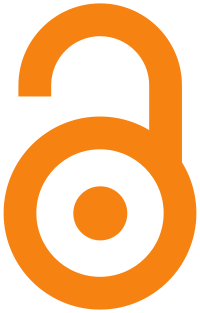
This year, Snell Library is expanding the celebration of International Open Access Week to the whole month of October! We have a great schedule of programs lined up for the month that will highlight
different resources and initiatives that promote open access to information, as well as open-source tools for research support. You can find the complete listing of events below.
We’ll also be in the Snell lobby on Monday, October 5, from 11:30-1:00, talking about why Open Access is so important for everyone — whether you’re a researcher in a developing country without access to expensive journal subscriptions, a patient trying to access information about a health issue, or a filmmaker hoping to change the world. Stop by to grab a schedule for the month…and one of our laser-cut Open Access bookmarks, made in-house!
Open Access Month: Schedule of Events
Tuesday, October 6
Storing and Sharing Files Using the DRS
12:00-1:00 p.m. | DSC Media Lounge, 211 SL
Curious about Northeastern’s Digital Repository Service? This session will include a demonstration of uploading, searching, and browsing in the DRS, an overview of highlighted DRS content, and a forum to ask questions about the DRS and how it’s being used at Northeastern.
Refreshments will be served.
Tuesday, October 6
Zotero in 30 Minutes
2:00-2:30 p.m. | DSC Media Lounge, 211 SL
Learn about using Zotero, one of the most well-known free, open source citation management tools, to organize your research. Track and gather all of your research in one place and automatically format citations and bibliographies—bring your laptop to get started right away.
Refreshments will be served.
Wednesday, October 7
Digital Humanities Open Office Hours
1:00-2:00 p.m. | DSC Media Lounge, 211 SL
Understanding copyright and fair use in the Digital Humanities will be the focus of this week’s regularly scheduled DH Open Office Hours.
Tuesday, October 13
Storing and Sharing Files Using the DRS
3:00-4:00 p.m. | DSC Media Lounge, 211 SL
Curious about Northeastern’s Digital Repository Service? This session will include a demonstration of uploading, searching, and browsing in the DRS, an overview of highlighted DRS content, and a forum to ask questions about the DRS and how it’s being used at Northeastern.
Refreshments will be served.
Wednesday, October 14
DSG & NULab Fall Showcase
3:00-6:00 p.m. | 90 SL & Digital Scholarship Commons
Angel Nieves, Associate Professor, Director of American Studies and Co-Director of the Digital Humanities Initiative at Hamilton College, will speak in room 90 from 3:00-4:00. Then join us in the DSC from 4:15-6:00 to meet others interested in digital scholarship and learn about recent developments in DSG and NULab projects.
Refreshments will be served.
Tuesday, October 20
All About Archives! Finding Primary Sources Housed at Northeastern and Beyond
12:00-1:00 p.m. | 421 SL
Primary source material gives researchers a first-hand look at the past. Giordana Mecagni, University Archivist and Head of Special Collections, will showcase some of Northeastern’s unique collections, and Jamie Dendy, Head of Research and Instruction Services and History Librarian, will demonstrate some of his favorite open-access collections of primary sources.
Refreshments will be served.
Thursday, October 22
Data Management Plans and the DRS
12:30-1:30 p.m. | DSC Media Lounge, 211 SL
How can you effectively share and preserve research data while fulfilling grant requirements? This session will describe the library’s support for research data management, including the DMPTool as an option to generate data management plans, and the Digital Repository Service as an option for preserving and sharing research data.
Refreshments will be served.
Tuesday, October 27
Open Tools for GIS: Google Maps
2:00-3:00 p.m. | 421 SL
Bahare Sanaie-Movahed, the library’s new GIS Specialist, will demonstrate how Google Maps can be used for creating open-access GIS projects.
Refreshments will be served.
Wednesday, October 28
Wikipedia Edit-a-thon
4:00-8:00 p.m. | DSC Media Lounge, 211 SL
Join us to improve Wikipedia’s coverage of under-represented groups in Massachusetts and U.S. history. This hack-a-thon style session will focus on editing and updating Wikipedia pages in a group setting. You do not need any prior experience with Wikipedia to participate, just bring a laptop and a power supply.
Refreshments will be served.
Thursday, October 29
Textbook Affordability and Open Educational Resources
12:00-1:00 p.m. | 421 SL
Nancy Pawlyshyn, Assistant Teaching Professor in the Graduate Education program, will be joined by representatives from Academic Technology Services and Snell Library to discuss how Open Educational Resources can be implemented in the classroom as alternatives to high-cost traditional textbooks. A student will provide the undergraduate perspective on textbook affordability.
Refreshments will be served.
Friday, October 30
Sourcing Multimedia for Your Course
12:00-1:30 p.m. | 140 SL
The Internet offers a variety of public domain and Creative Commons images, movies, and documents that may be used to support teaching and learning. Learn strategies for finding relevant media and crediting the media appropriately.
Hosted by Academic Technology Services.
Friday, October 30
Creating Interactive Open Educational Resources
2:00-4:00 p.m. | 140 SL
This course will show you the basics of using Storyline to create interactive educational resources. You’ll learn how to incorporate multimedia, create your own text, audio, and image content, and create interactive features. Finally, we’ll discuss options for publishing on the web.
Hosted by Academic Technology Services.
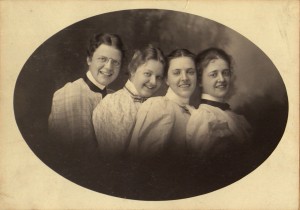
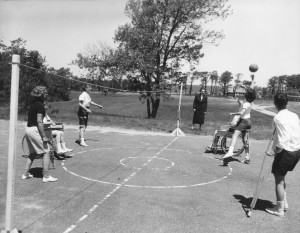
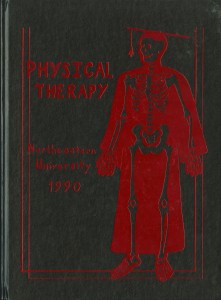
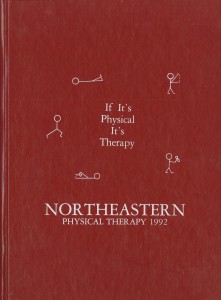
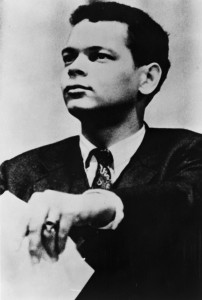
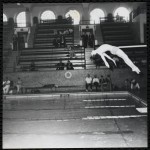
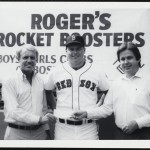
 This year, Snell Library is expanding the celebration of International Open Access Week to the whole month of October! We have a great schedule of programs lined up for the month that will highlight
This year, Snell Library is expanding the celebration of International Open Access Week to the whole month of October! We have a great schedule of programs lined up for the month that will highlight